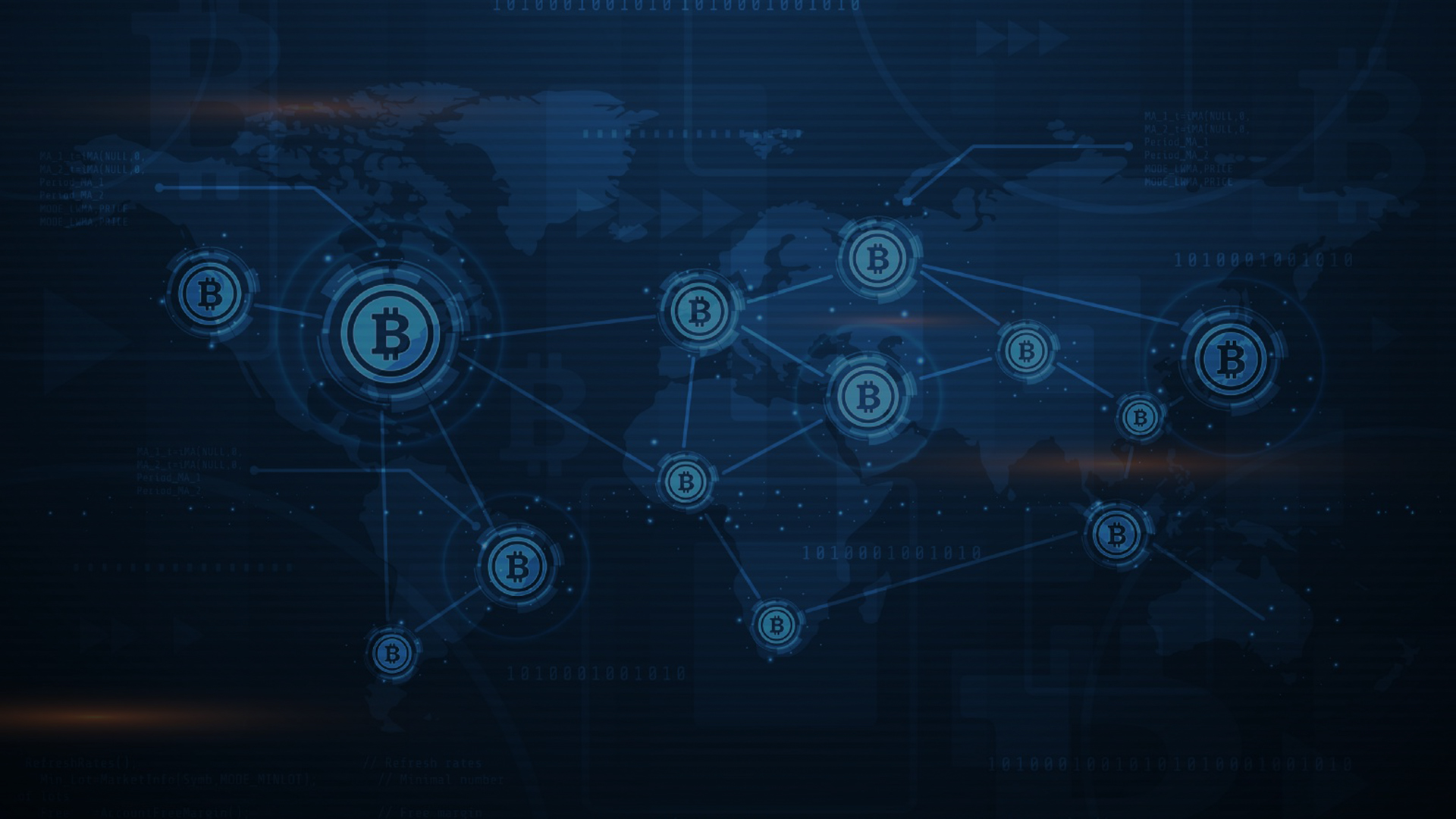November 20, 2017
Blockchain is a distributed database among thousands of public computers around the world. This means that no central entity controls it and each computer holds a continuously updated copy of the entire history of all transactions.
In a nutshell, this distributed database maintains a list of records (blocks) that are timestamped and linked to the previous block created. In effect creating a public ledger with the exact order in which the chain of events happened. Hence, the name Blockchain.
So in one example, if an employee goes into his system and alters past records (Blocks), the public nature of the blockchain would recognize this and the underlying company would have the ability to recognize who initiated this change almost immediately.
For instance, Blockchain technology can be applied in:
Financial fraud reduction: most banks are built on centralized databases and depend on financial intermediaries. Blockchain promises to reduce crimes related to asset exchanges such as stock exchanges and money transfers.
Payment processing: blockchain reduces the need for certain auditing and compliance intermediaries in payment processing, therefore increasing the speed and reducing the cost per transaction. Capgemini estimates consumers could save up to $16 billion a year in banking and insurance fees.
Smart Contracts in Supply Chain: a digital contract that triggers automatically as it is executed. For instance, making partial payments based on terms of the contract or paying a carrier immediately upon successful delivery of a load.
Real Estate title transfer: today criminals can file forged deeds to sell properties they don’t own and someone with access to recorder’s database can alter property records. BlockChain’s Public ledger nature makes it impossible to alter records without leaving a trace.
Musicians royalty payments; for musicians today it is virtually impossible to verify when, where and how their music is consumed. This verification in terms serves as a verification for royalty payments.
Medical Records Sharing: blockchain can securely pull together fragmented medical records stored by multiple healthcare providers while maintaining compliance with HIPPA.
Blockchain technology can be used in any industry to increase transparency and create greater trust by consumers and all parties involved in the supply chain. It also promises to create efficiencies, eliminate intermediaries, and retire outdated processes.
Want to learn more? Contact our team to learn more about how to implement blockchain to transform your business.
Otto Rivera is the CEO at HELPNET. He has a System Engineer // MBA degree and since 1998 has been helping companies simplify their business with the aid of technology. He loves to practice Skanda Yoga and truly believes that if you get the foundation right everything else falls into place.
Share this article:




